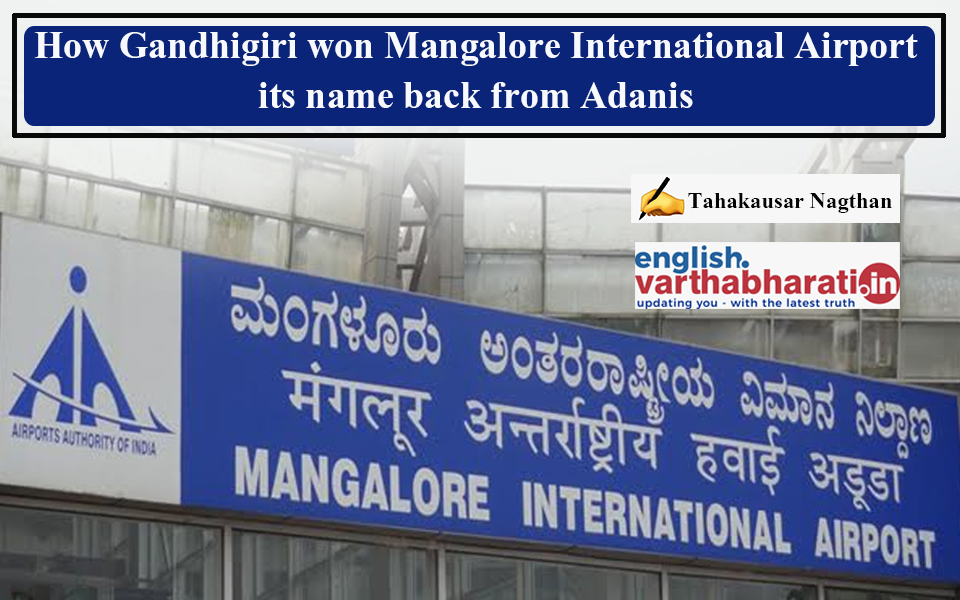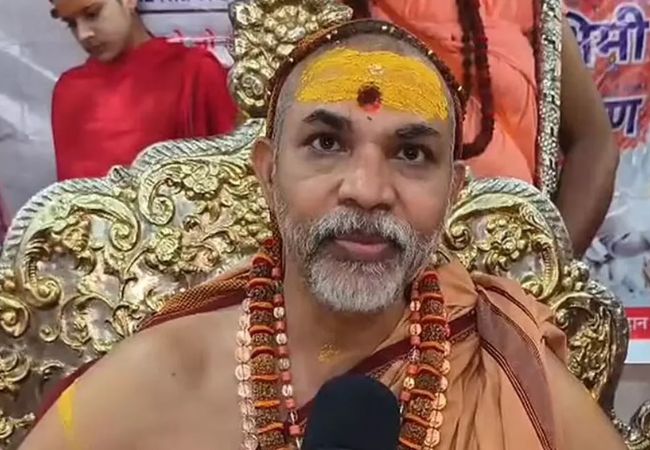The NDA (National Democratic Alliance) stormed into power with an absolute majority in 2014, ousting the ruling UPA government in the Parliamentary polls. One of the agendas that the NDA rode on, to acquire power at the Centre was the vilifying the previous government’s privatization and liberalization policies stating that they were harmful to the people of the country.
But the NDA changed its stance on the privatization of public assets and inclined more in its favor in the later years of its first tenure that ended in 2019. The move came as a shock to many of its own supporters and voters as it appeared to be a continuation of the previous UPA government, to an extent that the political pundits joked about NDA by calling it UPA III.
As NDA came into power yet again in 2019 with another majority, India buckled up for what was a series of privatization of public assets of the country. This also resulted in several protests and demonstrations against the government. Although the privatization of PSUs and banks did not garner the attention it deserved, thanks to media apathy, the privatization of railways and airports has not gone down well with the sentiments of the people.
In 2019, the center privatized airports at Jaipur, Lucknow, Mangalore, Ahmedabad, Guwahati, and Thiruvananthapuram. The Adani group won the bidding process and has received operational rights for the next 50 years. In July this year, the Adani Group also took control over Mumbai airport from the GVK group. Today Adani Group is the largest infrastructure company in India.
The overzealous Adani Group also changed the signage of the acquired airports with their brand name irking the general public against both, the government and the Adanis.
The members of the union Bhartiya Kamgar Sena, an affiliation of Shiv Sena, resorted to vandalism on 2nd August and wrecked the Adani signboard erected before the Chhatrapati Shivaji Maharaj International Airport (CSMIA). The removal of the name of the Maratha warrior was the reason for the chaos caused in the city.
While in the Maharashtra case, the cadre of the Shiv Sena opted for a radical way of protesting; in Assam, Cheif Minister Himanta Biswa Sarma himself had to convince the media and people regarding the changing the name of Lokpriya Gopinath Bordoloi International (LGBI) Airport.
"The name of LGBI Airport will not be changed till I serve as the chief minister and till Narendra Modi serve as the Prime Minister," the CM said while addressing the media.
In all this conundrum, Mangalore and its civil society appeared to have set an example by following a civilized way of protest to get their demands fulfilled.
The Adani Group replaced the AAI signage at the Mangalore airport with its brand name soon after receiving operational rights in 2020. Social activist Dilraj Alva took the responsibility to restore the AAI signage and alleged that changing the name was not part of the procedure. Activist Alva secured a copy of the agreement signed between the Adani Group and the Airports Authority of India.
While addressing a press conference in Mangalore he said, “The change of boards and on Google Maps was in contravention of Article 5.15 of agreement that bars concessionaire from branding itself or its shareholders in any manner, including through advertisement, and display boards.”
Dilraj Alva later sent a legal notice to AAI Mangalore and AAI Delhi, seeking restoration of the AAI signage at the Mangalore Airport. The activist's effort soon bore fruit after the AAI signage was restored on 10th September this year.
In conclusion, there are protests, and there are dissenting voices in every democracy. Mahatma Gandhi led a protest, so did Anna Hazare, so did Rakesh Tikait. In all the protests, there has been a different socio-cultural approach and different background while many of them got good national attention, activist Alva's protest was both unique and commendable and needs a mention. It often happens that activists that take a pragmatic approach and rely more on the executive and judiciary to get their demands met remain unsung; even Mahatma Gandhi’s approach of non-violence would not have garnered public attention if it was not for the South-African media to bring forth his movements. These unsung heroes need to be lauded and commended for their works for these sorts of protests and activism to be kept alive.
Let the Truth be known. If you read VB and like VB, please be a VB Supporter and Help us deliver the Truth to one and all.
Lucknow (PTI): The Uttar Pradesh Congress on Wednesday staged a statewide protest demanding a fair and transparent inquiry into the FIR lodged against Swami Avimukteshwaranand Saraswati and those who filed the complaint against him.
In a statement issued here, the party said memorandums addressed to Prime Minister Narendra Modi were submitted through district magistrates in all districts of the state.
Uttar Pradesh Congress spokesperson Manish Hindvi told PTI that the memorandums were handed over through the district administration in all 75 districts.
In the memorandum, the party alleged that Saraswati and his disciples were "unnecessarily harassed and humiliated" by police on the occasion of Amavasya and were prevented from taking a ritual bath (at the Magh Mela). It further alleged that some disciples were manhandled and taken to a police station.
The memorandum also claimed that an FIR was later registered against Saraswati, his disciple Swami Mukundanand Brahmachari and several unidentified persons in a sexual harassment case. It termed the case a "conspiracy" aimed at tarnishing the seer's reputation.
Citing Articles 25 and 26 of the Constitution, the memorandum stated that these provisions guarantee religious freedom and the right of religious denominations to manage their own affairs.
It described the position of shankaracharya held by Saraswati as "one of the highest spiritual posts in Sanatan tradition" and alleged that the entire episode appeared to have been "orchestrated in a planned manner".
"We request that the background of the persons who got the FIR registered be investigated in a transparent manner by a retired high court judge and strict action be taken against them," the memorandum said.
It also sought a "fair and transparent probe" into the allegations levelled against Saraswati so that the truth could be established.
Earlier, Uttar Pradesh Congress president Ajay Rai had told reporters in Varanasi after meeting Saraswati that the party stood firmly with him.
The Congress said it would continue to press for an impartial inquiry into the entire episode.
On February 21, an FIR was lodged in Prayagraj against Saraswati and his disciple Mukundanand Brahmachari on charges of sexually abusing two persons, including a minor, over the past year at a gurukul and religious congregations, including the recently concluded Magh Mela.
Days after he was booked, Saraswati had said on Monday that he would not oppose his arrest and asserted that the "fabricated story" would be exposed sooner or later.
At a press conference on Wednesday, Saraswati alleged that criminals rule in Uttar Pradesh, level allegations and influence investigations, as he denied having any contact with the two persons for whose alleged sexual abuse he has been booked.



_vb_77.jpeg)
_vb_00.jpeg)
